Chancellor of the Exchequer Rishi Sunak has unveiled his budget for 2022, detailing his plans for a speedy economic recovery from the Covid-19 pandemic, and among pledges for improved social services, schooling and air travel are a number of policies that will have a significant impact on UK motorists.
The planned rise in Fuel Duty has been frozen for the 12th year in a row at 57.95p per litre.
Sunak said: “With fuel prices at the highest level in eight years, I’m not prepared to add to the squeeze on families and small businesses”.
The Chancellor estimated that the freeze in fuel duty will save more than £8 billion over the next five years compared with the pre-2010s “escalator system”. He also estimated that the average tank of fuel will cost £15 less per car and £30 less per van than it would if duty were to rise.
The average car driver will have saved £1900 over the 12 years of the frozen rate, he added.
Simon Williams, fuel spokesman for the RAC, said: “We welcome the Chancellor’s confirmation that duty will continue to remain frozen at 57.95p a litre.
"With pump prices at record highs, now would have been the worst possible time to change tack and hike up costs still further at the forecourt.
“If duty had gone up, RAC data suggests the average price of a litre of petrol could have reached 147p, taking the cost of a tank to over £80, and diesel an eye-watering 150p."
However, Williams believes that more could have been done to favour the motorist, saying: “We’re disappointed he did not provide some respite for drivers at the pumps.
“As VAT is charged on the final cost at the pumps, a temporary cut in VAT to motor fuels would have benefitted drivers immediately at a time when filling up the car is hurting household budgets more than ever before, as well as the wider economy, as people will have less money to spend.”
Sunak also announced more funding for transport infrastructure. As part of this, the government will spend £21 billion on new roads around the country, some £2.6bn of which will go towards a long-term programme to upgrade 50 local roads around the country.
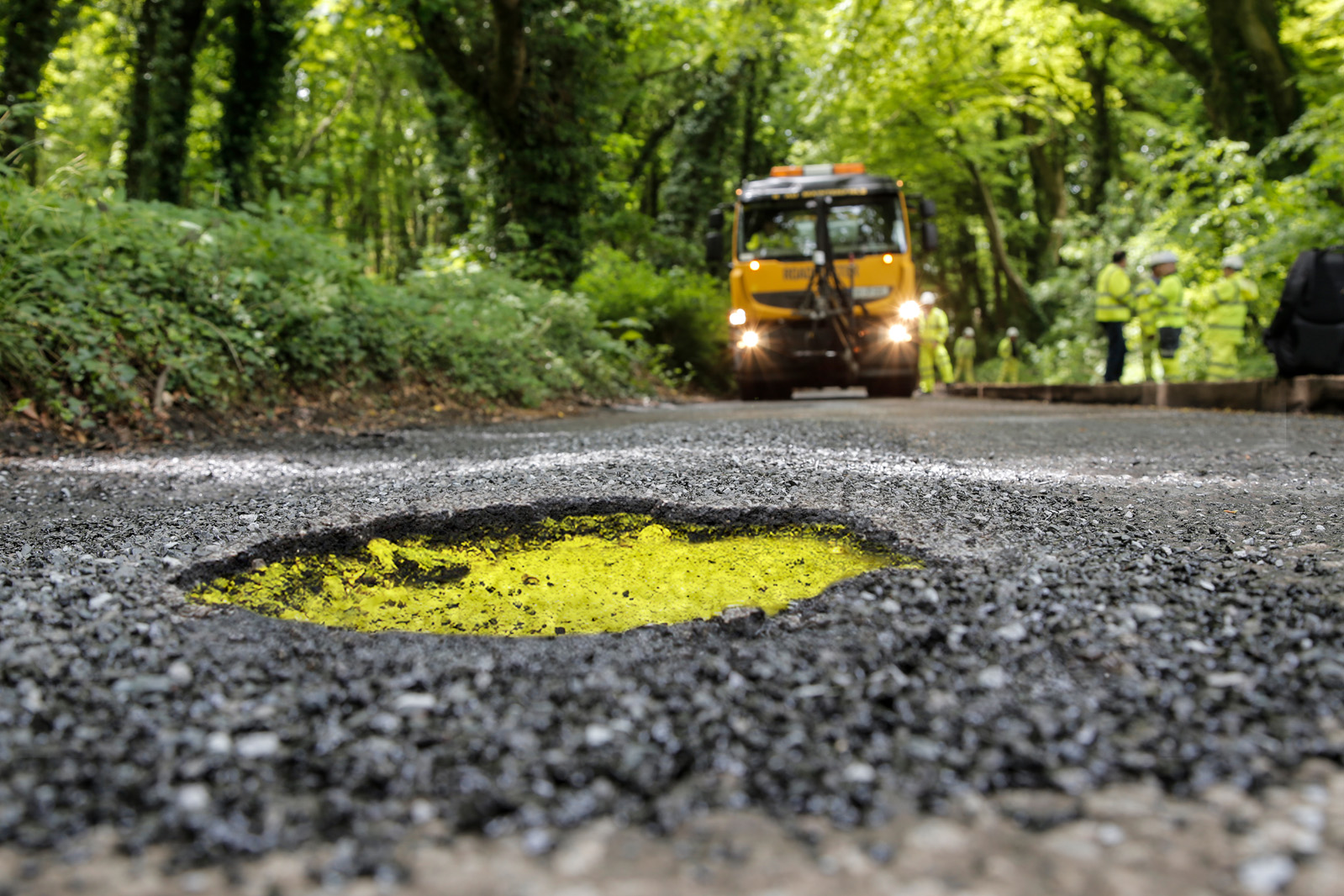 An extra £5bn is being allocated to local road maintenance, which Sunak claims will be enough to fill one million potholes a year. Usually, the budget allocates a fixed amount to cover potholes, rather than a repair quota.
An extra £5bn is being allocated to local road maintenance, which Sunak claims will be enough to fill one million potholes a year. Usually, the budget allocates a fixed amount to cover potholes, rather than a repair quota.

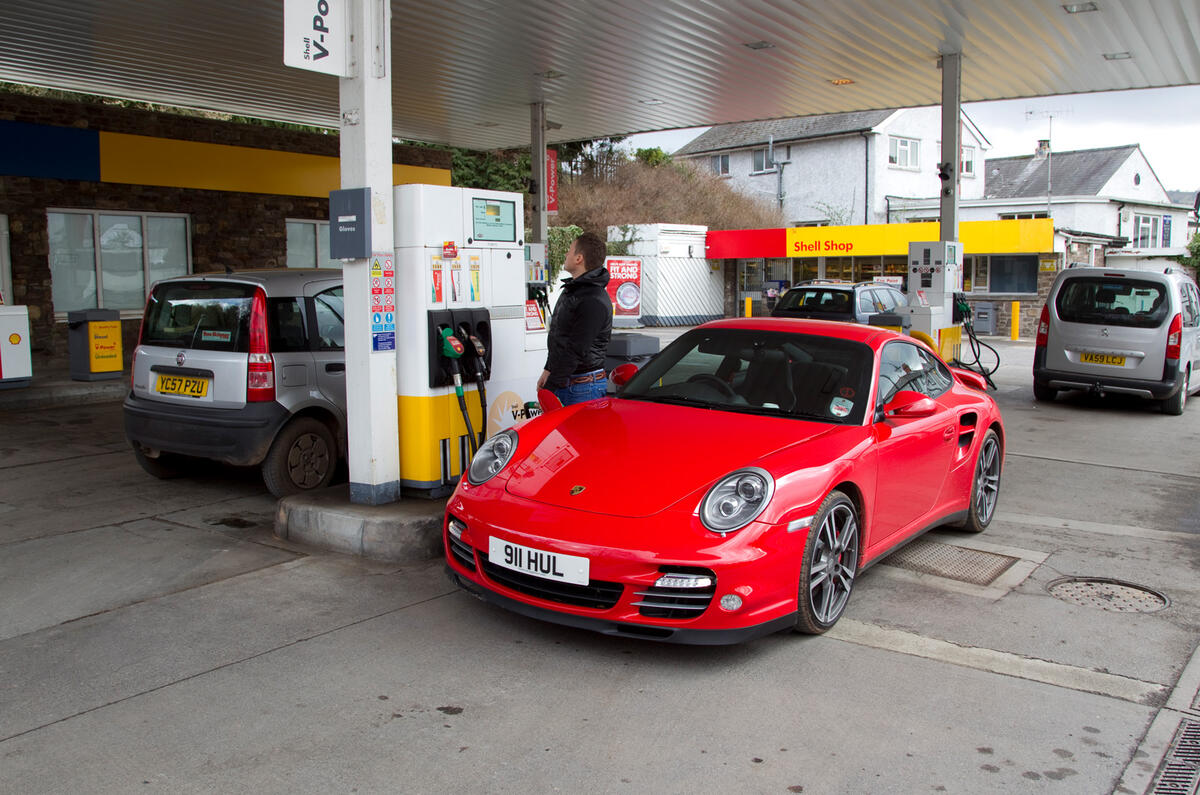
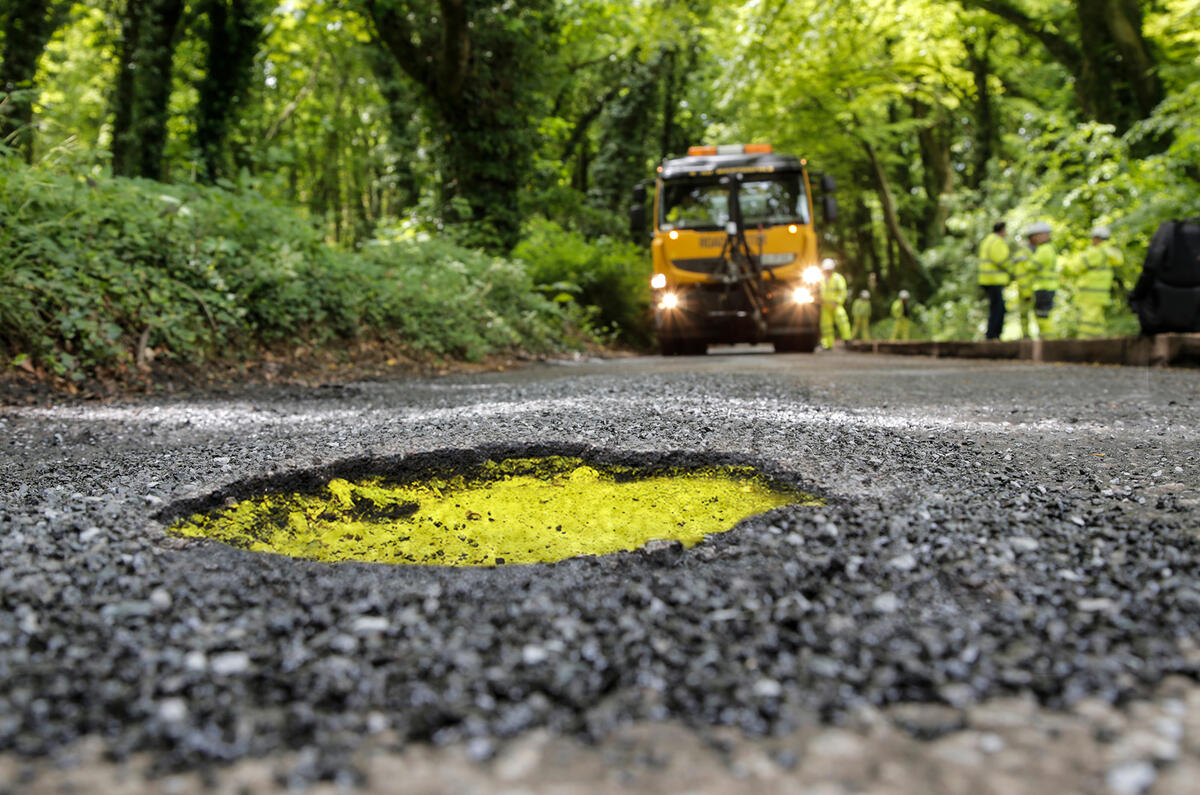
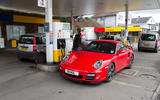
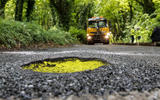


Join the debate
Add your comment
Despite the taxes fuel is still relatively cheap, roughly the same price as electricity in terms of cost per kilowatt hour. So no need to ditch our combustion cars just yet! That said there is no getting away from the fact that electric motors are just so much more efficient than petrol or diesel engines that EVs easily win on energy cost per mile.
While on the face of it this seems like good news, ultimately fuel is still taxed (sorry, "Duty added") at almost 40%, and that is BEFORE VAT has been added. Don't tart thinking Sunak is being kind to the motorist - he is well aware just how much he is screwing us every single day.
'Fuel spokesperson for the RAC' is an endangered job title. I'd be looking to move into the 'EV spokesperson' job ASAP, for the sake of my career. The car owner can sidestep all this tangled mess of fuel duty, volatile oil prices, low pollution zones and liquid fuel supplied by questionable countries, by simply switching to electric. It's a no-brainer.
By simply switching? I wish it was that simple to switch to electric motoring.